
Cultivating Change,Together
2021-22 Impact Report
Facts, figures and field reports documenting the impact of the Duke Global Health Institute’s mission to advance health equity for communities around the world.

Facts, figures and field reports documenting the impact of the Duke Global Health Institute’s mission to advance health equity for communities around the world.
Four projects that embody DGHI’s spirit of collaborative teamwork to address complex health problems
When DGHI’s Global Health Innovations Center began tracking COVID-19 vaccine distribution, it could have followed a typical academic route by publishing findings in a journal. Instead, the team built a global coalition of decisionmakers and advocates to deliver timely insights that have influenced vaccine strategies at the highest levels and helped countries get access to COVID treatments and protection.
Video by DGHI Communications

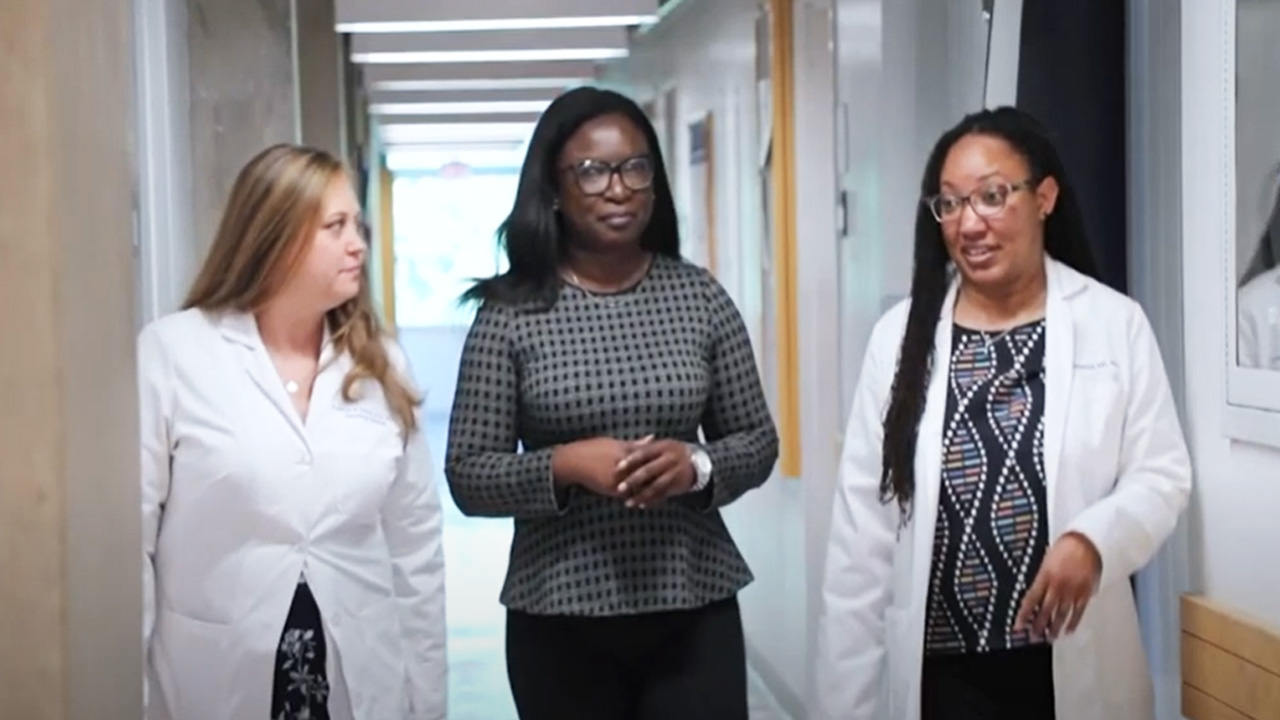
Research has shown that Black and Hispanic patients have less access to the best cancer care, and therefore experience worse outcomes. At the Duke Cancer Center, DGHI epidemiologist Tomi Akinyemiju is working to understand why those disparities in access persist – and what doctors can do to erase them.
Video by Jim Rogalski
Built from a converted shipping container, this unique research and teaching lab is deepening collaborations between DGHI and Kenyan researchers on malaria and other infectious diseases. It’s also training local lab technicians how to take advantage of their most powerful diagnostic tool: a microscope.
Video by Veasey Conway
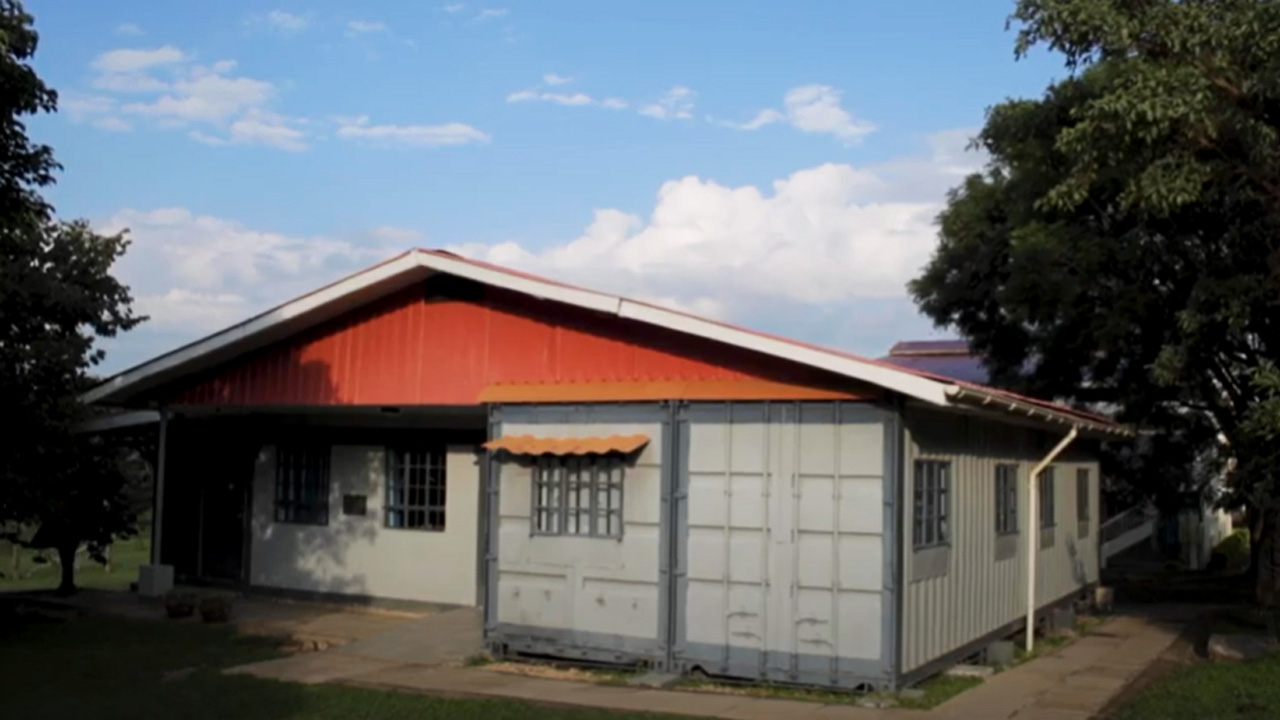
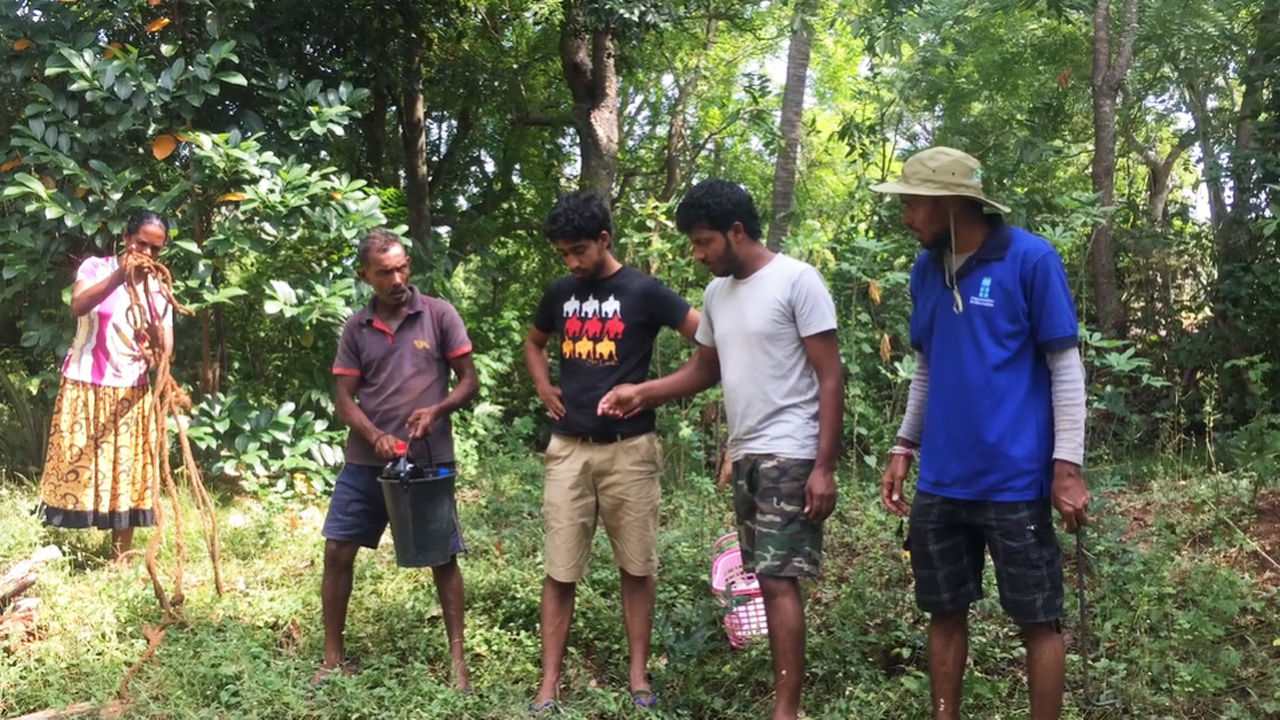
In Sri Lanka, a rash of kidney disease is affecting farmers who grow rice in marshy parts of the island. DGHI’s Nishad Jayasundara is working with an interdisciplinary team of environmental and health researchers to unravel how climate change and water contamination may be driving the rise in kidney problems.
Video by Veronique Koch
A look at some of the key data points from our research, teaching and global outreach in 2021-22
Externally funded research grants earned by DGHI faculty in 2021-22
Total annual funding of all DGHI research grants in 2021-22
DGHI faculty were authors on more than 900 scholarly works during 2021-22, according to the Duke Scholars database
Countries where DGHI faculty have active research projects
Duke students participated in field-based global health research during summer 2022, working with partners in 18 countries
Different Duke schools with DGHI faculty appointments, including Medicine, Arts & Sciences, Engineering, Environment, Public Policy, Nursing, Law and Business
DGHI funding sources, 2021-22 ($ in millions)
DGHI enrolled 350 global health students at the undergraduate, graduate and doctoral levels in 2021-22
Notable breakthroughs, innovations and accomplishments from across our missions



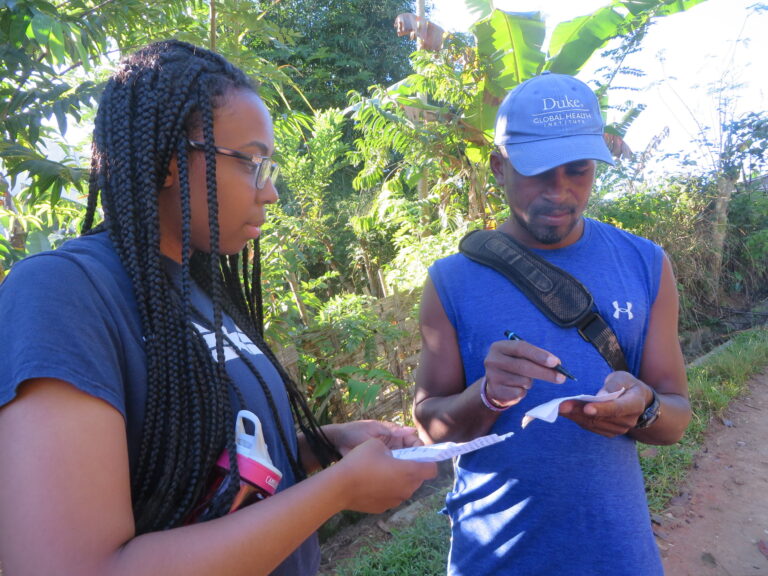
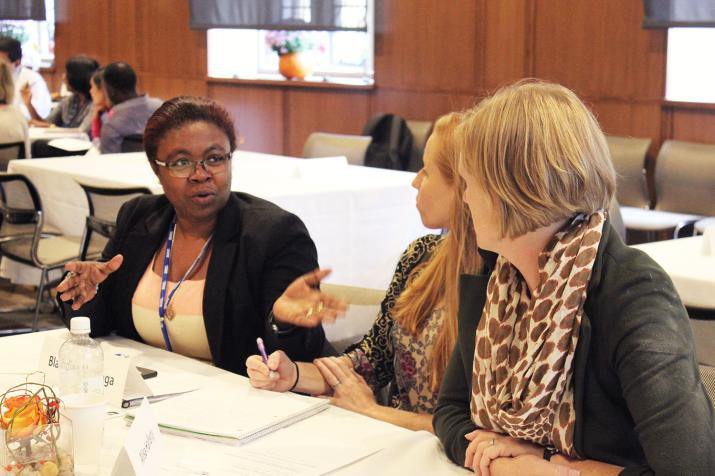



The death of global health pioneer Paul Farmer in February 2022 affected the Duke community deeply. Farmer, a Duke alumnus and former member of the DGHI Board of Advisors, was a guiding light and inspiration for many in the institute. We asked some students and recent graduates, including several who benefitted from DGHI’s Paul Farmer Fund, which supports summer research experiences for undergraduate students, to share reflections on how Farmer’s legacy has shaped their learning and career goals.
Read full reflections from Ramya Ginjupalli, Don Nguyen, Zoe Hughes, Kate Kutzer and Lydia Smeltz.
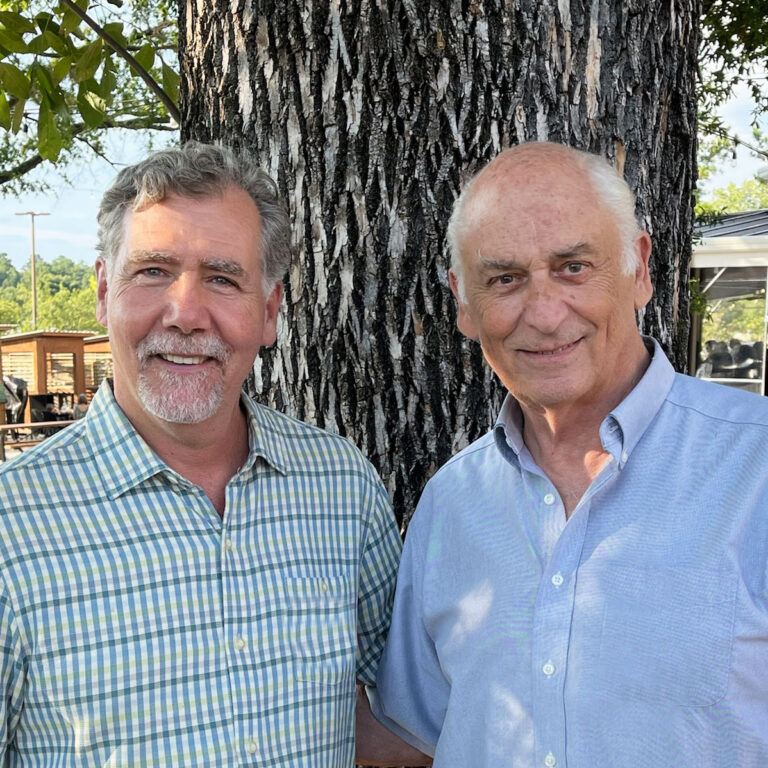
In his book, To Repair the World, the late Paul Farmer counseled future global health practitioners and advocates that, “With rare exceptions, all of your most important achievements on this planet will come from working with others.” Those words, so fundamental to Farmer’s pioneering career as a physician and advocate for health equity, are not just sound advice for the next generation. They should be central to the mindset of any organization seeking to make a difference in the lives of others.
At the Duke Global Health Institute, we are fortunate to work with so many talented clinicians and scholars who live these values every day. We seek to advance health and well-being not for vulnerable and disadvantaged communities around the world, but with them — working side-by-side to identify priorities and strategize solutions. That means taking the time to build relationships, establish mutual trust, and create space for open dialogue and exchange.
All of the innovations and achievements you see in this report are the result of our commitment to true partnership. We are grateful to the many individuals and organizations that have enabled and propelled these projects around the world, including our outstanding global partners, our funders and donors, and the government and non-government agencies that support our researchers in innumerable ways.
We are proud of the progress we are making to erase disparities and advance health equity around the world, and we equally recognize that this progress is not ours alone to claim. As Paul Farmer well understood, it is the collective action of many, united by purpose and mission, that offers the most hope for our shared future.
Thank you for your support of the Duke Global Health Institute and your commitment to advancing global health,
Chris Beyrer, MD
Incoming Director
Dennis Clements, MD
Interim Director